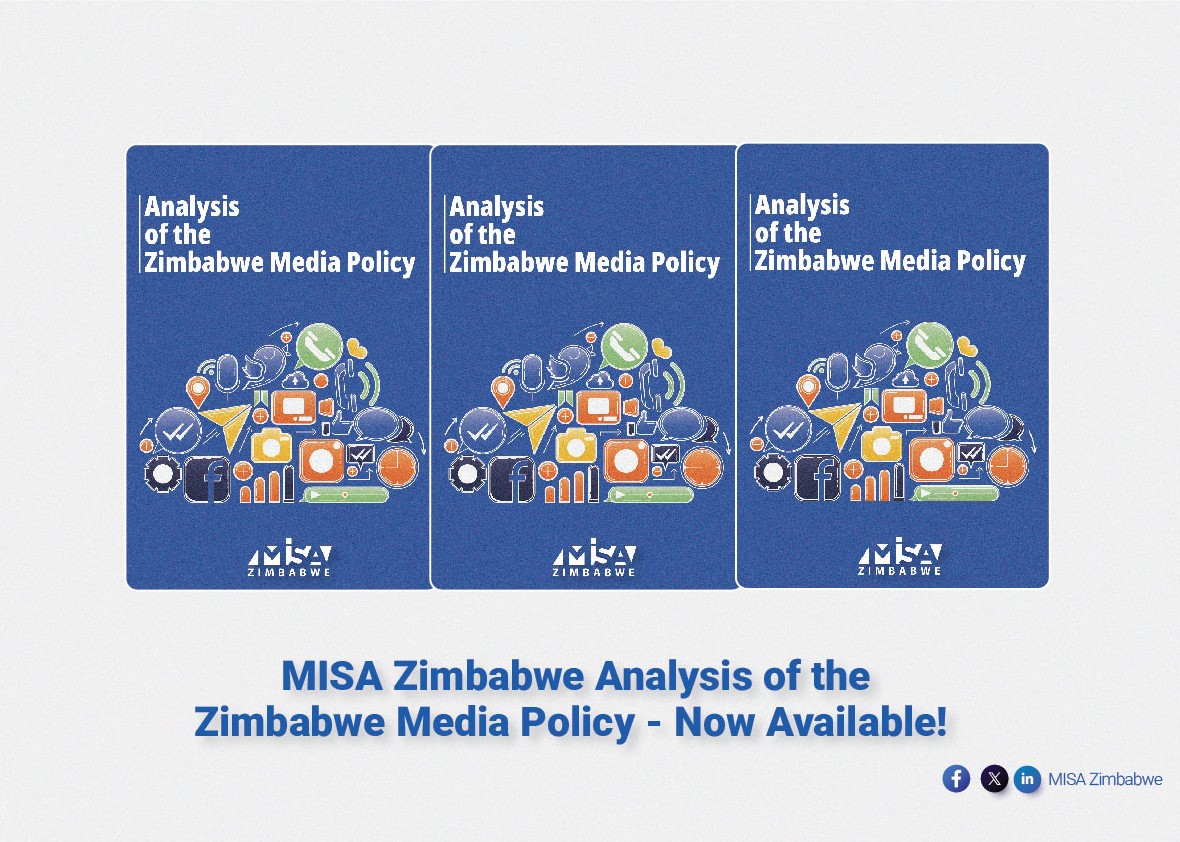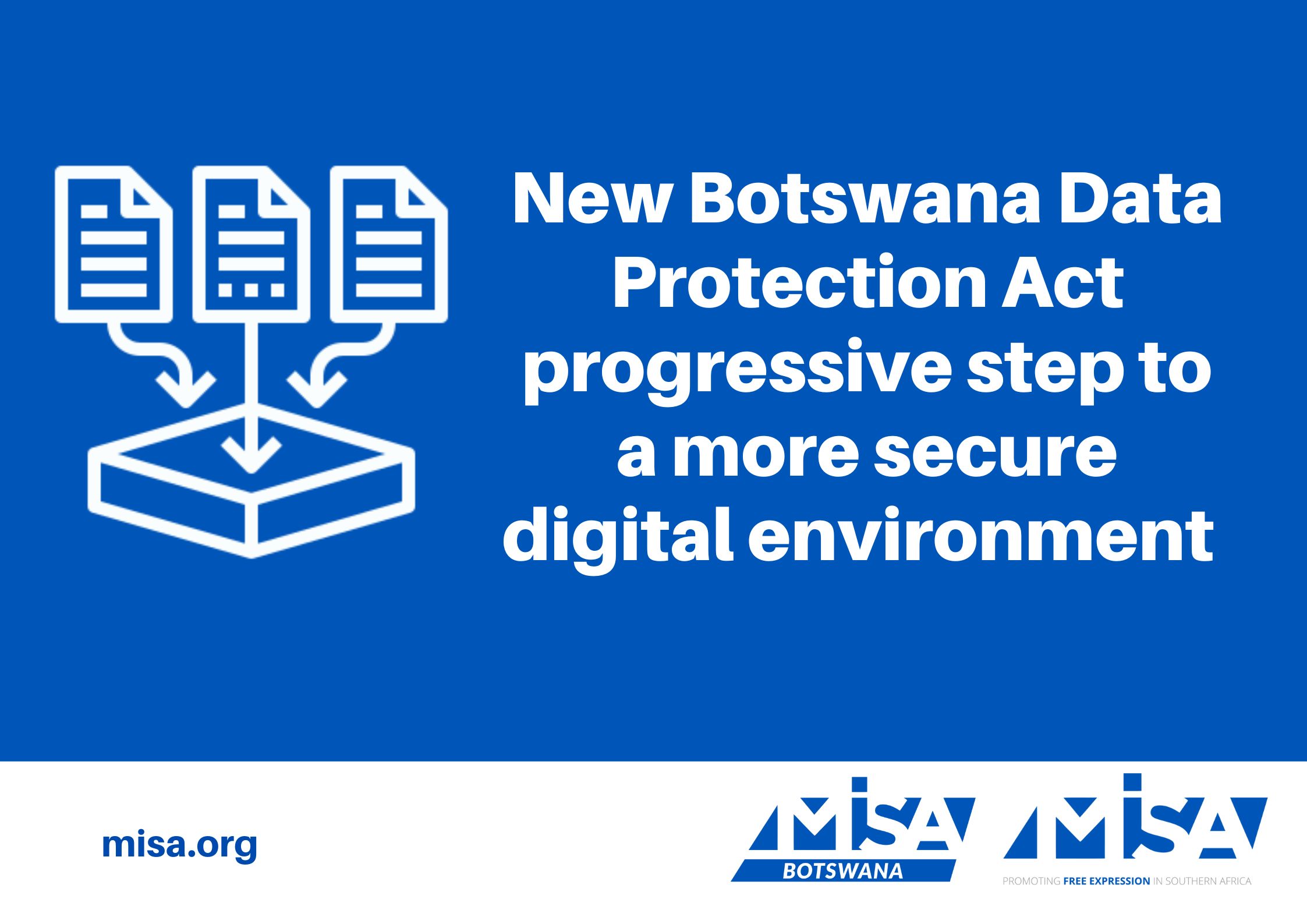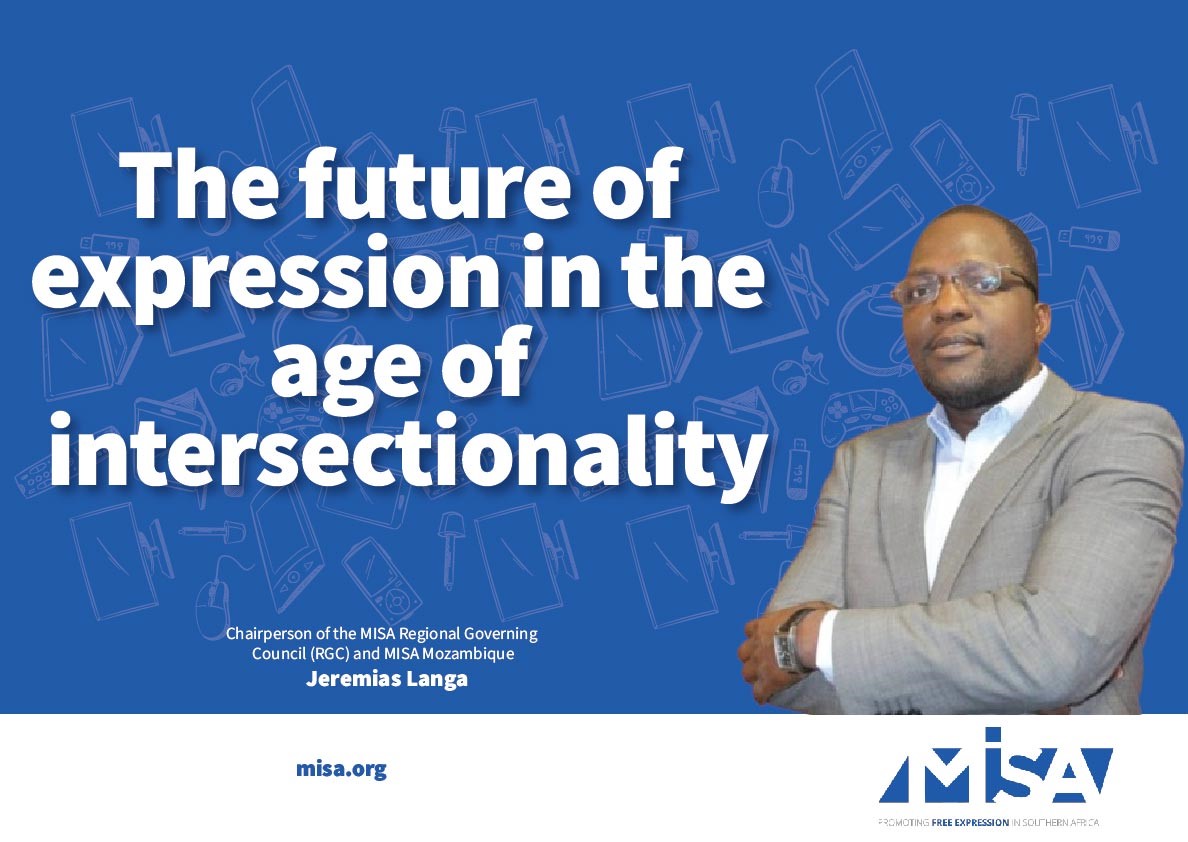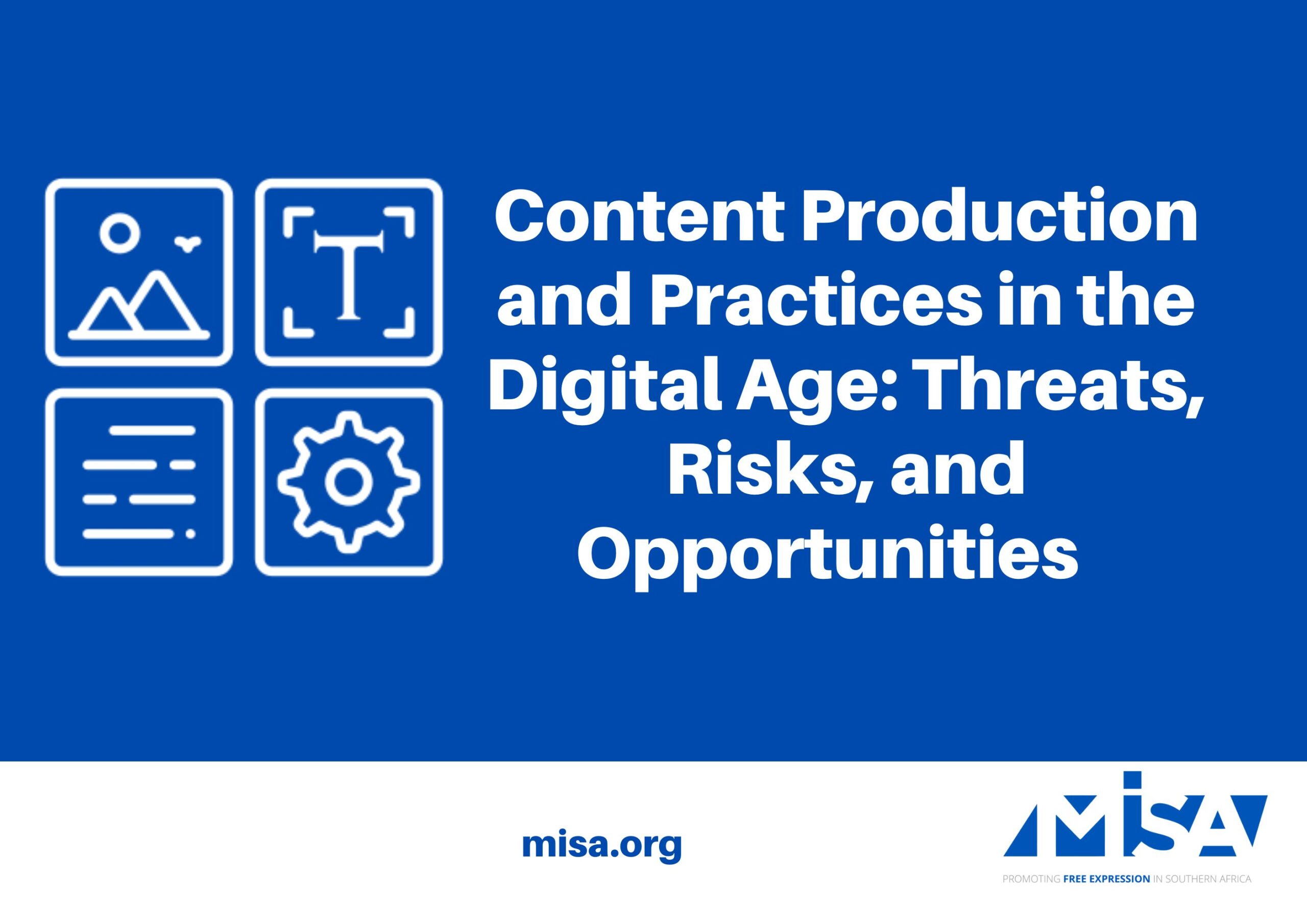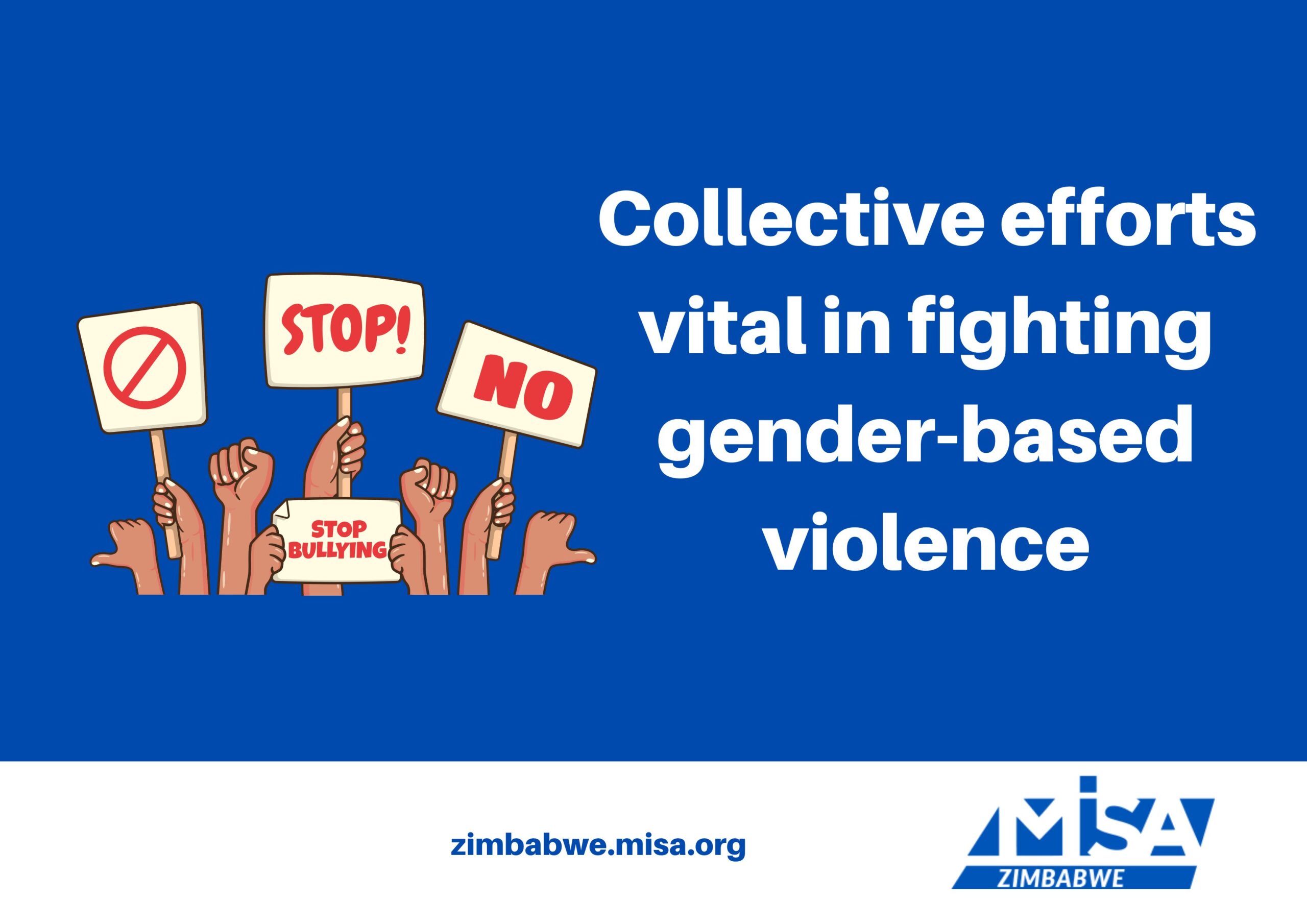Media freedom monitoring
To do this, we compile a list of media violations and victories – accurate and detailed records of abuses of, or progress toward, a free, independent, diverse and pluralistic media as envisaged by the Windhoek Declaration.
Media violations are issued in the form of alerts to educate people about the nature of the abuse and highlight trends. Alerts can also serve as advocacy tools and inform research to help influence changes to legislation and policy, as well as help bring perpetrators to justice.
Media violations include:
- when journalists are physically or verbally assaulted, threatened, injured, kidnapped, disappear, arrested, killed, censored, denied credentials or wrongfully expelled during the course of their work or as a direct result of their work
- when news outlets are attacked, illegally searched, censored, closed by force, raided, unable to report, broadcast or publish because of factors such as the confiscation of equipment, blocking of their online site or the jamming of transmissions
- when new legislation or changes to legislation hinder journalists from conducting their work freely and without fear.
We use this information to compile the annual State of the Media Report that tabulates the alerts and analyses them against the prevailing media environment. This report feeds into the MISA regional report, So this is Democracy? which ranks and measures the performance of Zimbabwe against other countries in the Southern African region.
Media freedom news from our chapters
MISA Zimbabwe Analysis of the Zimbabwe Media Policy – Now Available!
Introduction On 28 May 2025, Zimbabwe launched the Zimbabwe Media Policy, with President Emmerson Mnangagwa urging government ministries, business entities, professional bodies, cultural and artistic groups, and media practitioners to unite in ensuring the realisation...
New Botswana Data Protection Act progressive step to a more secure digital environment
The Data Protection Act 18 of 2024, published on 29 October 2024 following presidential assent, marks a significant advancement in Botswana’s data privacy landscape. The new Act came into effect on 14 January 2025. The Act replaces the repealed Data Protection...
The future of expression in the age of intersectionality
By Jeremias Langa The existential shockwaves of 2024 will undoubtedly shape developments in 2025! This is so because the preceding year was deemed the year of democracy due to the global density of elections. This did not spare our region as we witnessed eight...
Content Production and Practices in the Digital Age: Threats, Risks, and Opportunities
Virtual Presentation by MISA Regional Director Dr Tabani Moyo at the Media, Human Rights, Citizenship and Development Forum 02 December 2024, Maputo, Mozambique. Chairperson, esteemed members of the diplomatic community, MISA Mozambique Governing Council, the media...
Collective efforts vital in fighting gender-based violence
The government, together with the country’s constitutional Independent Commissions Supporting Democracy and civil society organisations, should unite and intensify efforts to prevent and eliminate violence against women and girls offline and online. Violence against...




